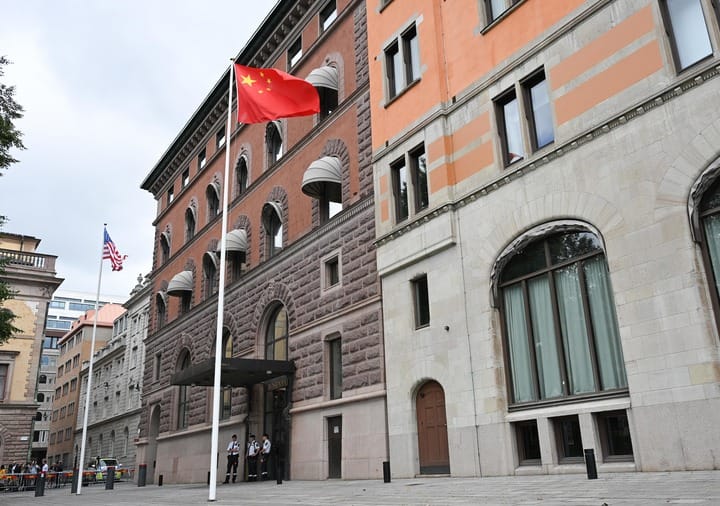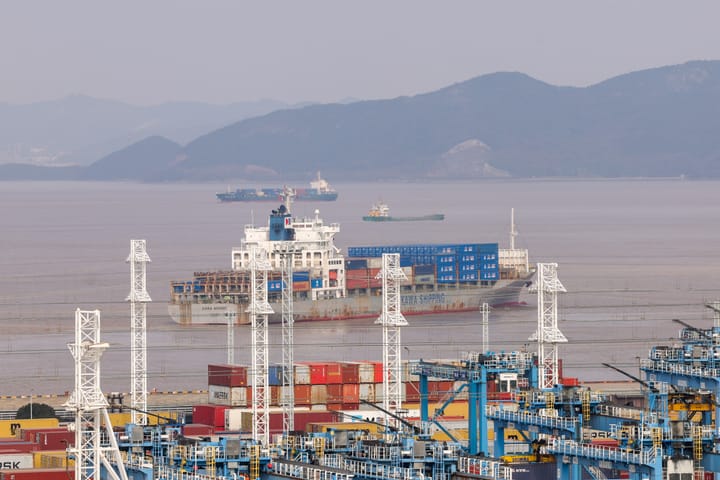Zheng Yongnian tells People's Daily: China's negotiations with the U.S. are beyond self-interest, also for world justice

The China-U.S. economic and trade meeting in Geneva has achieved substantive progress, resulting in a substantial reduction in bilateral tariff levels and sending a powerful ripple through global markets.
What deeper significance lies behind this China-U.S. joint statement? To explore the question, Xiakedao, a public WeChat account operated by the People's Daily, sat down with Professor Zheng Yongnian, one of the key opinion leaders on political and economic topics related to China and also the president of the Institute for International Affairs, Qianhai, at the Chinese University of Hong Kong (Shenzhen).

We are translating this conversation, which was originally conducted in Chinese, and presenting it to our readers.

1. China and the U.S. have agreed to significantly reduce current tariffs and establish a mechanism for economic and trade consultations between the two countries. How do you view these signs of a return to rationality?


